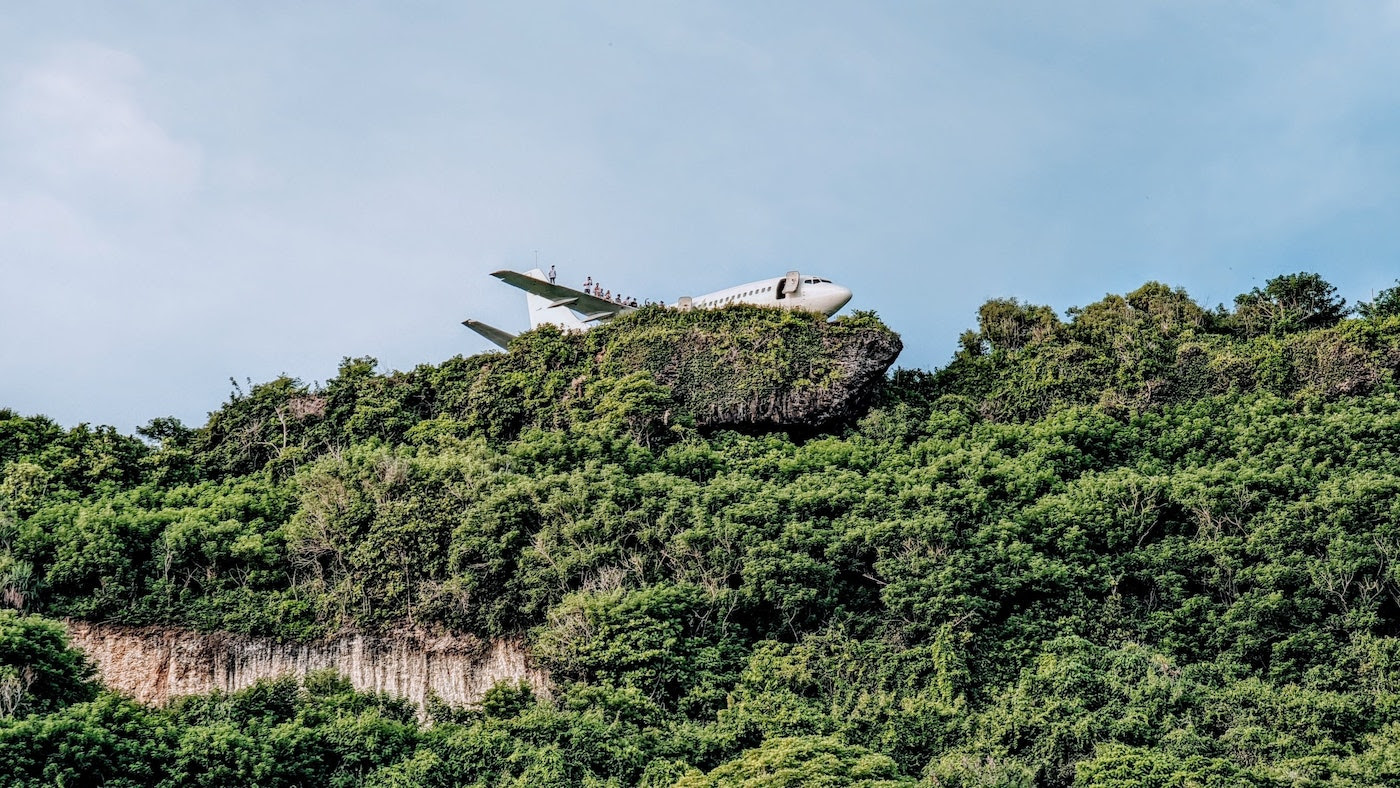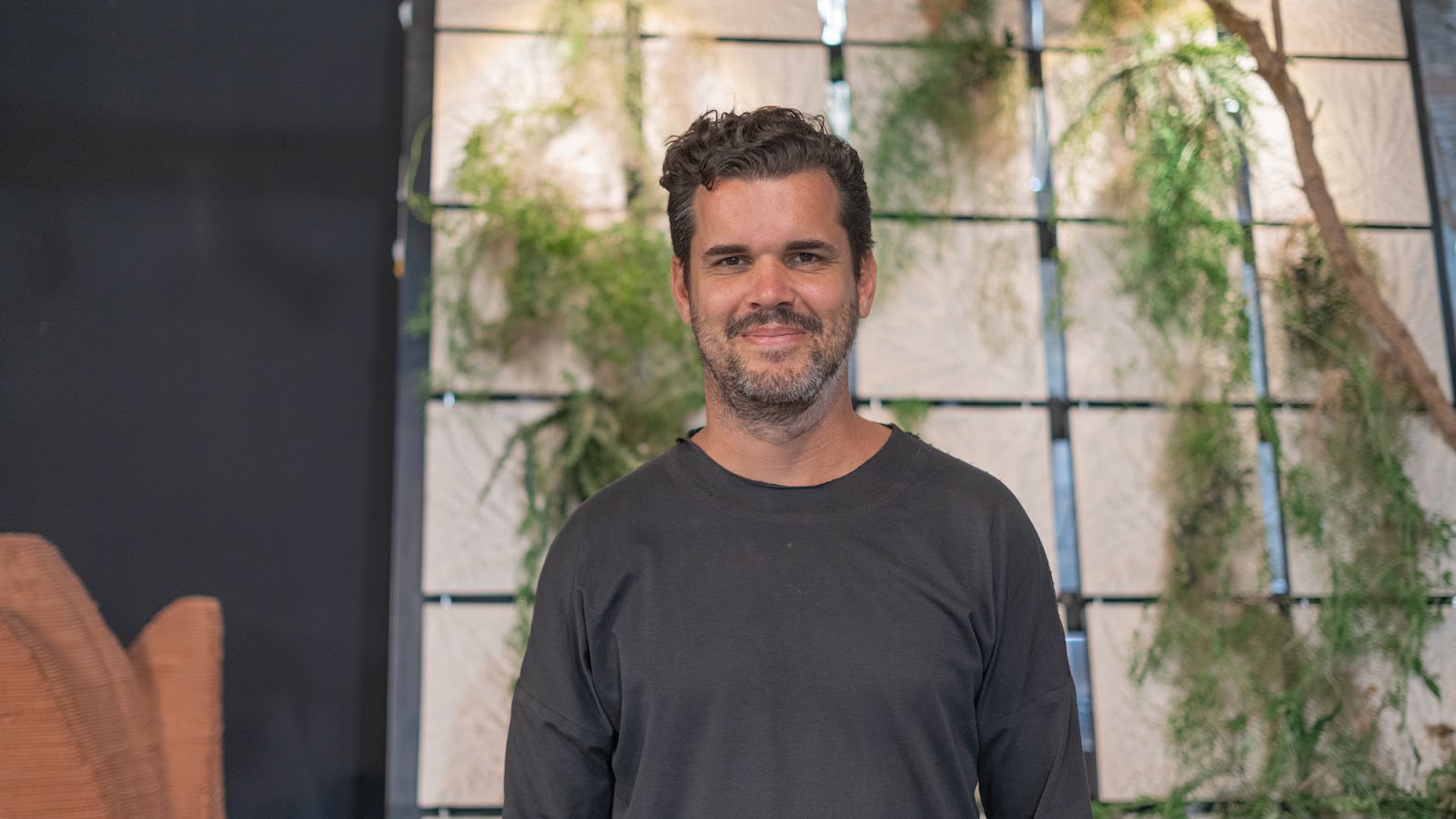Syllabus⇝
In the words of Brian Cox, "Meaning is a property of intelligence." This statement implies that as intelligent beings, we have the ability to assign meaning to the world around us. However, it also suggests that this ability is unique to Earth and its inhabitants, as it is the only known place in the galaxy where intelligence exists.
As designers, we have the power to shape the world around us through the decisions we make and the actions we take. Whether it is the design of an object or the design of a system, our choices have far-reaching consequences. For example, choosing to take a private car instead of public transport not only affects the trip from A to B, but also contributes to pollution and climate change. Similarly, the design of our cities and suburbs can limit or expand our options for transportation.
Design is not just about aesthetics or proportions, it is also about the attitude we have towards the world and the choices we make. The meaning and purpose in design are personal perceptions that translate into actions. However, it is important to remember that these actions also have a collective impact and require a coordinated effort at multiple scales.
The search for meaning and purpose is a lifelong journey that can be influenced by a variety of belief systems, such as philosophy, religion, and science. As designers, it is important to align our beliefs with our actions and build meaningful connections with our work.
The MDEF (Masters in Designing Emergent Futures) seminar aims to align students' purpose with their skills, interests, and capabilities in order to empower them to become agents of change. Through questioning and self-reflection, the seminar aims to rebuild the connection between students and their inner motivations and to provide opportunities for engaging with a diverse range of perspectives and ideas. The seminar is a space for honest discussion, questioning, and challenging, where the aim is to incorporate a philosophical approach to designing for the future.
One of the main goals of MDEF is to align students’ purpose with their skills, interests, and capabilities, in order to provide all the necessary means to become agents of change. In times of transition, exposure to excessive noise and information lead to uncertainty and disconnection from the true self. Through questioning students’ decisions and choices during their project development, these sessions aim to rebuild the connection with the driving forces that operate within ourselves and to establish new dialogues with authors, researchers, thinkers, and makers that can contribute and enrich the Masters’ projects. The seminar aims to build a space for honest discussion, questioning, and challenging, in which we aim to incorporate philosophical practice into designing for emergent futures.
Additional Resources⇝
-
Lepore, The Name of War, chapters 4-5
-
The Iroquois Describe the Beginning of the World
-
The Ho-Chunk Creation Story
-
John Winthrop, A Model of Christian Charity
-
Lepore, The Name of War, chapter 6.
-
Mary Rowlandson, A Narrative of the Captivity and Restoration of Mrs. Mary Rowlandson.
-
Marcus Rediker, “Life, Death, and Terror in the Slave Trade,” and “African Paths to the Middle Passage” from The Slave Ship.
-
Thomas Jefferson, selections from Notes on the State of Virginia.
-
Phyllis Wheatley, “On being brought from Africa to America,” “A Farewell to America,” and “Liberty and Peace.”
-
How Humanity Came To Rule The World | Yuval Noah Harari & Neil deGrasse Tyson
Deliverables⇝
-
To read the provided articles and papers
-
To attend at least 80% of the classes
-
To write a blog entry of between 1500-2500 words at the end of the course on your website and design a vignette to illustrate the (some) following questions (feel free to replace them by more meaningful ones to you):
-
How design can reconfigure systems of extraction?
-
Which worlds can we design with the power of today’s tools?
-
How can we design the transition towards these worlds?
-
Suggestion: Feel free to use ChatGPT and other AI tools to write and illustrate the class assignment.
Faculty⇝
Tomas Diez Ladera, a Venezuelan Urbanist, Designer, and Technologist, is known for his expertise in digital fabrication and its impact on future cities and society. He is a founding partner and executive director of the Fab City Foundation, and he also serves on the Institute for Advanced Architecture of Catalonia’s board of trustees, where he holds positions as a senior researcher and tutor. He actively collaborates with the Fab Foundation to support the global Fab Lab Network and has played a significant role in launching initiatives such as the Fab Academy and Fab City.
Tomas co-founded and co-designed projects like the Smart Citizen initiative and the global Fab Lab Network platform, fablabs.io. Additionally, he co-created higher degree programs, including the Master in Design for Emergent Futures (IAAC-Elisava) and the Master in Design for Distributed Innovation (Fab City-IAAC), both of which he co-directs. As a founding partner and President-Director of the Meaningful Design Group Bali, he aims to combine advanced technologies and design with alternative perspectives and cultures in Indonesia and Southeast Asia. He has received recognition as a young innovator of the year by the Catalan ICT Association and was nominated as one of Nesta's and The Guardian's top 10 Social Innovators in Europe.

